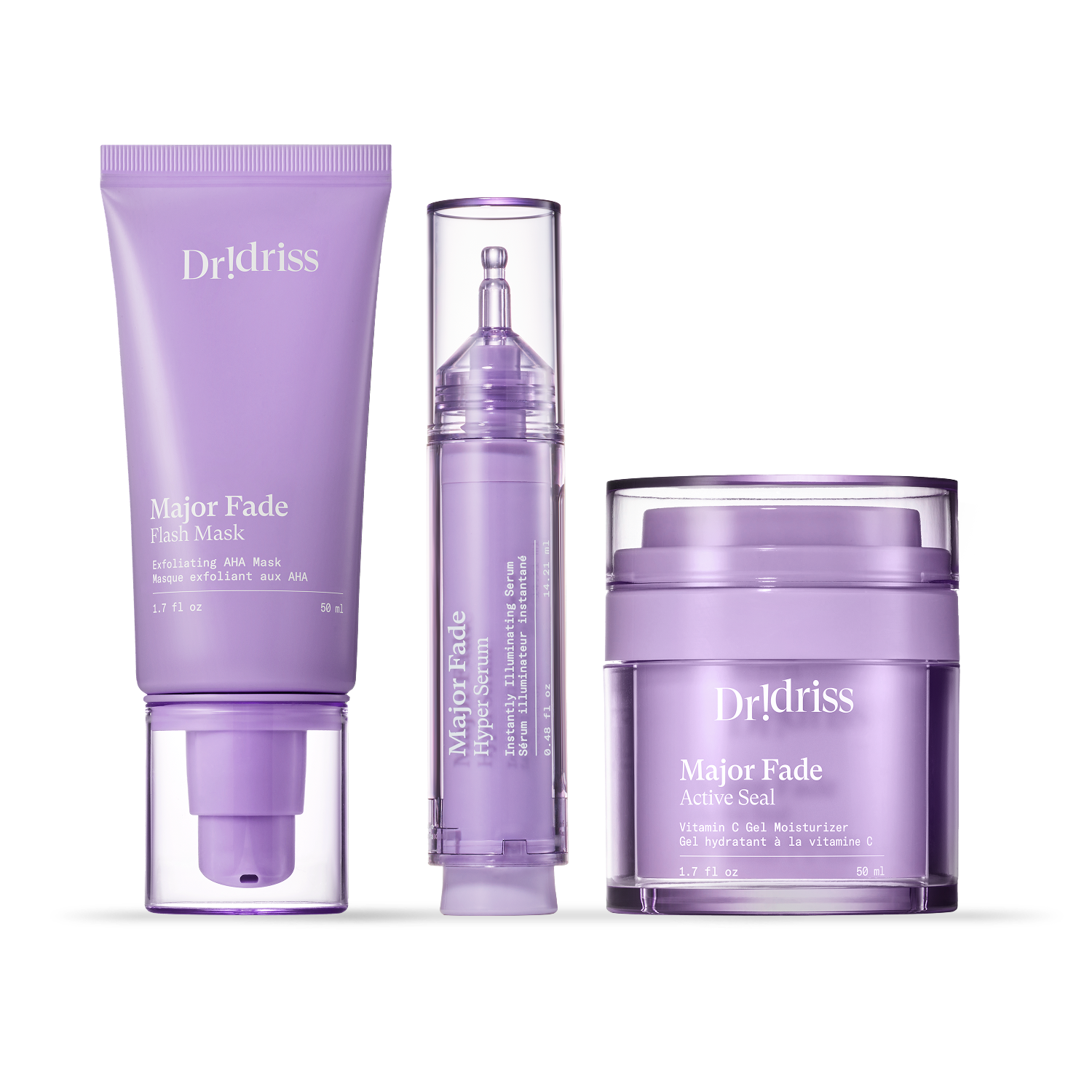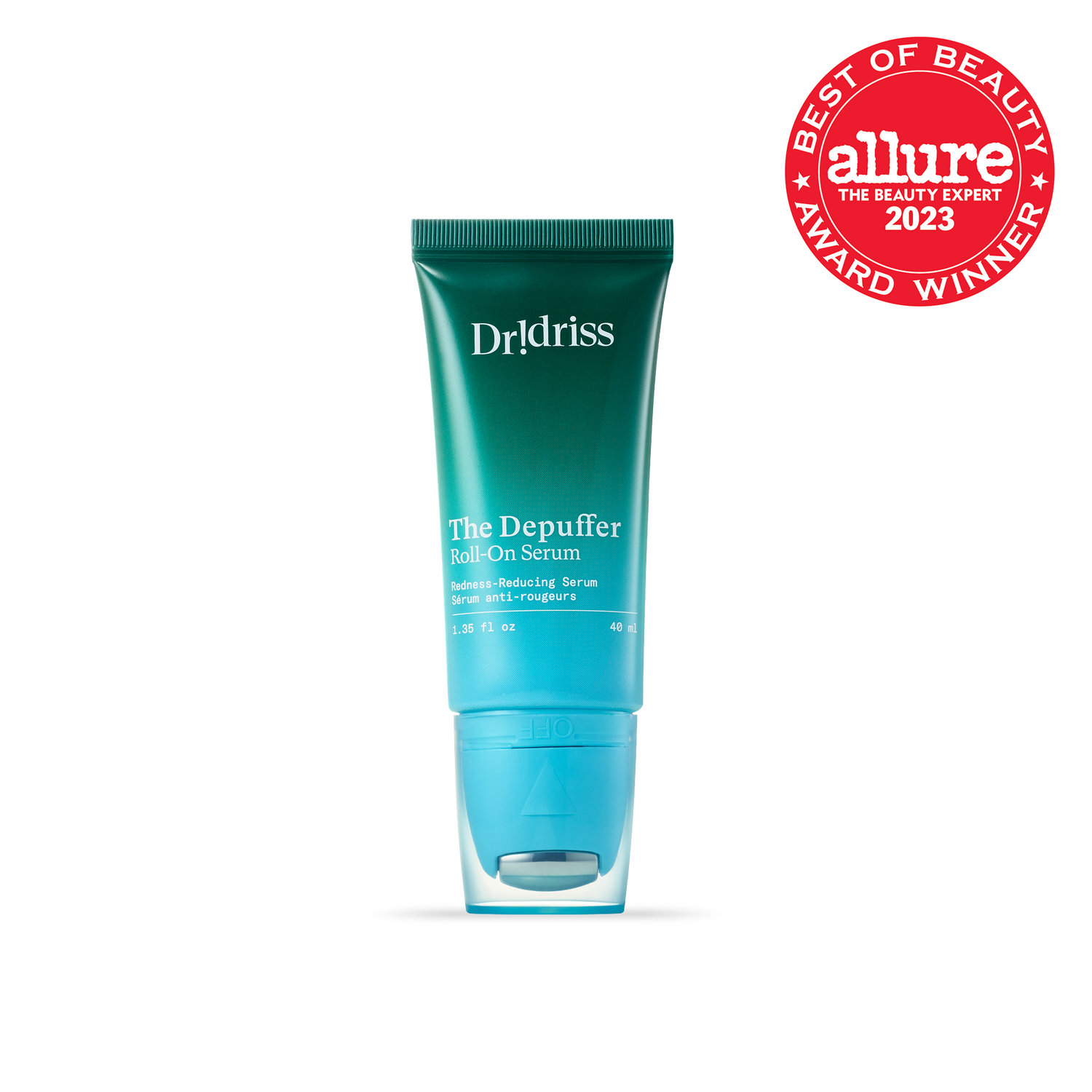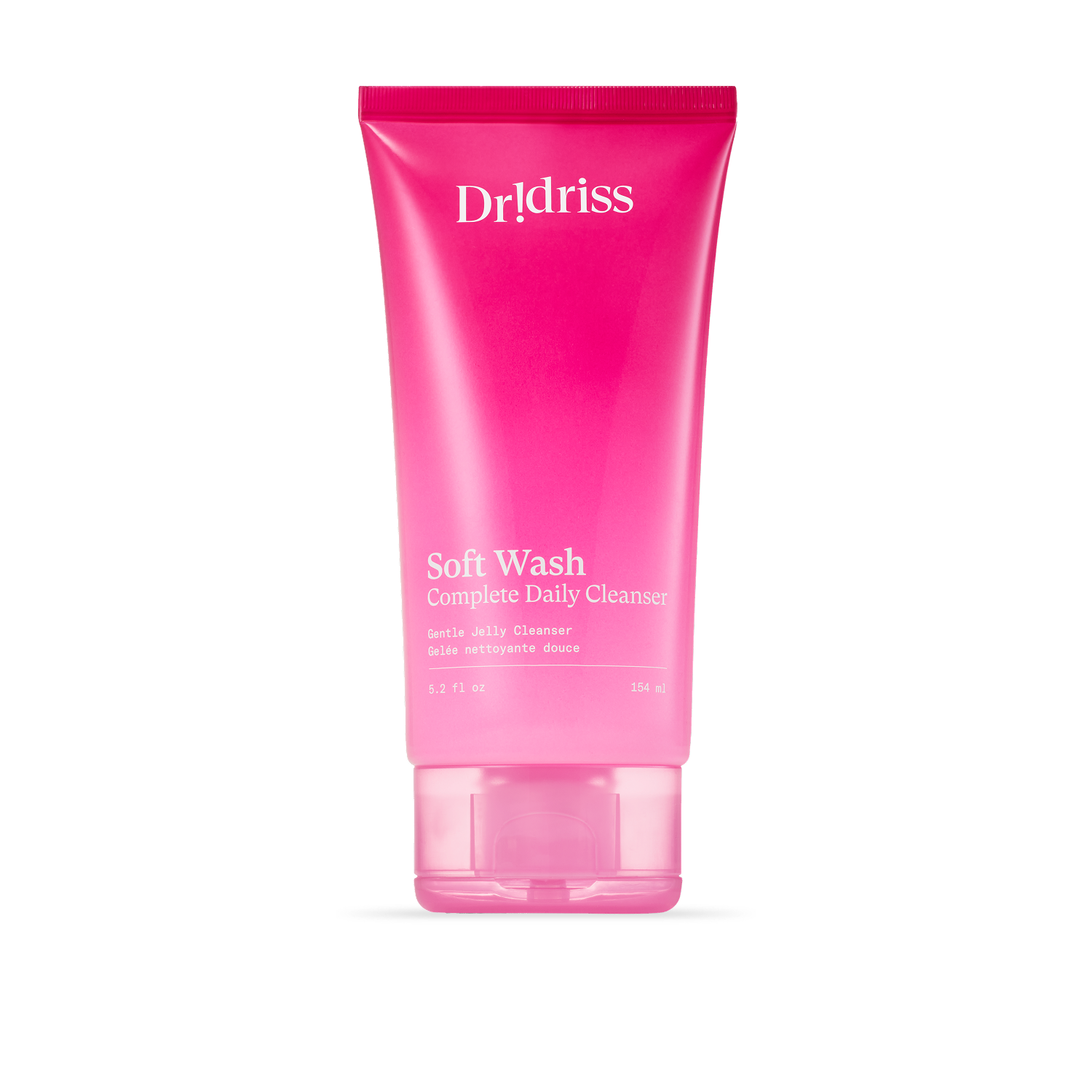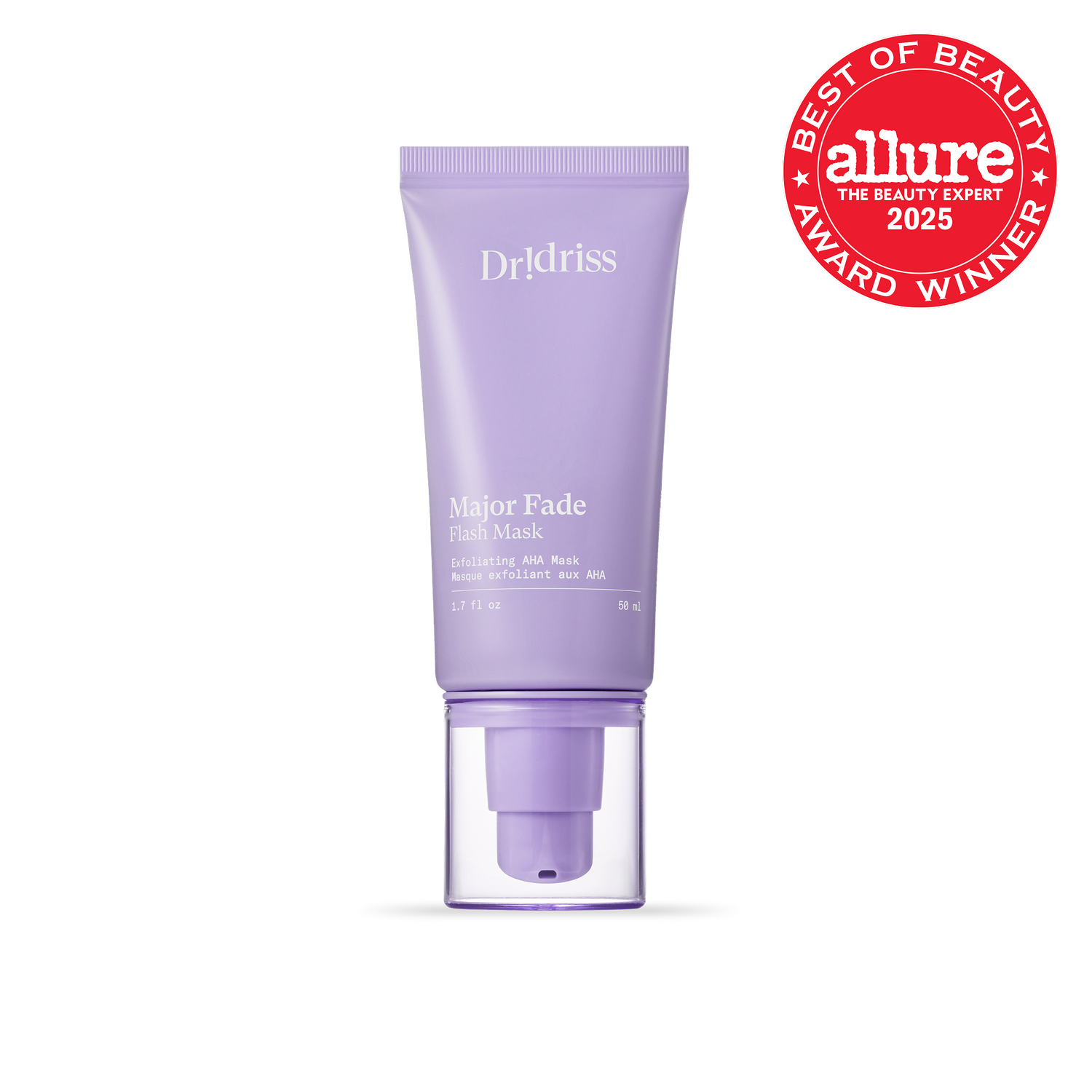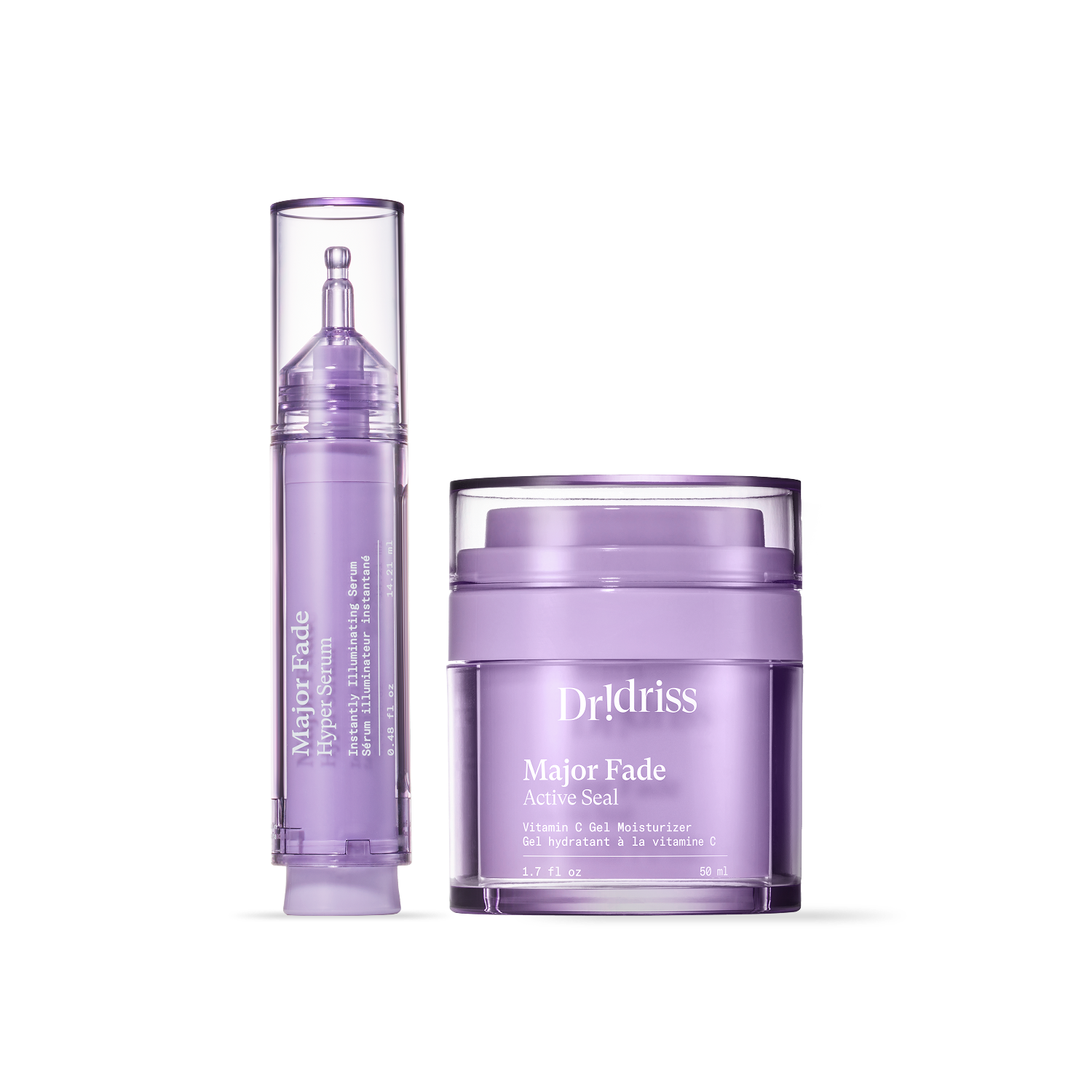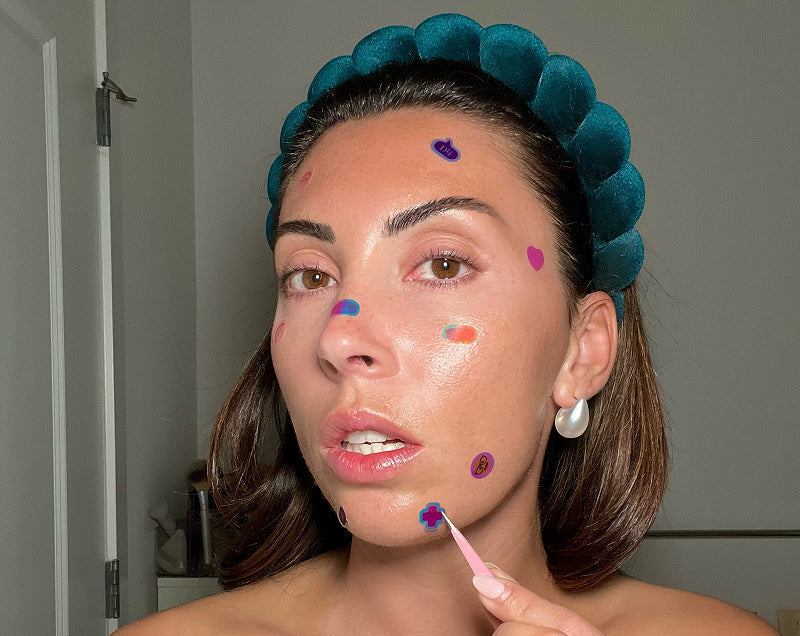
Facial swelling of any kind is not fun, and the most frustrating aspect of all is deciphering why your face is puffy.
Puffiness of the face is usually a buildup of fluid beneath the skin. Often at times, this occurs on its own due to various health and lifestyle factors but in some cases, it can develop concurrently with other symptoms like an infection or allergies.
Read on as I round up the ten most common causes of a puffy face to alleviate any uneasiness you may have. (However, if your swollen appearance persists beyond a couple of days without reason, or is accompanied by pain or sensitivity, definitely call your doctor’s office!).
Facial puffiness 101: The causes
1. Alcohol: After a night of indulging in margaritas and negronis, you may wake up to a little facial bloating. This is due to the diuretic effects of alcohol, which leave skin parched of essential fluid and nutrients, subsequently leading to water retention.
Alcohol can also have inflammatory effects on the body, so be wary of this if you have rosacea, as it can exacerbate redness. A great rule of thumb is to chug water before, during, and after drinking alcohol to prevent your face from swelling overnight.
2. Sodium Intake: Certain foods can also contribute to water retention and inflammation and bring about facial puffiness as a result. Carbohydrates, sodium, and processed meat are the usual suspects, so make sure that your intake of leafy greens, veggies, fruit, and whole grains remains in check.
3. Poor sleep: Lack of sleep can cause fluid retention in your face, leading to puffiness. A few sleep-related tips to prevent facial swelling and puffy under eyes?
- Get some good quality shut-eye and make this a priority, always.
- Avoid sleeping on your sides and elevate your head by doubling up your pillows to prevent build-up or an uneven dispersal of fluid in the face.
- Stay hydrated — 2-3 liters of water daily is the standard benchmark, and it won’t hurt to keep a bottle of H2O on your bedside, too.
4. Post-injection or cosmetic procedures: For those new to dermal fillers, expect some swelling and bruising post-treatment. But there’s no need to stress, as your doctor will tell you this is a completely normal side effect. The swelling is pretty much the body’s response to the minor trauma caused at the injection points, and this usually resolves within a day or two with consistent cold compresses.
5. Crying: Tears can cause the blood vessels around the eyes and face to become dilated with increased blood flow. Tissue around the eyes can also reabsorb tears, making the area appear puffy. This can lead to swelling around the eyes, leading to a puffy face.
6. Allergies: Angioedema is an abrupt form of swelling that’s typically triggered by an allergic reaction to pollen, certain foods (such as shellfish), and even medication like antibiotics. Once this allergen is identified and eradicated, facial puffiness usually subsides in a few hours or days with the aid of allergy meds like antihistamines and corticosteroids to manage and relieve inflammation.
7. Rosacea flare-ups: Rosacea is a chronic skin condition that typically occurs on the face. Its most prominent symptom is reddened skin caused by telangiectasias (i.e. dilated and broken blood vessels) that's often accompanied by a breakout of small acne-like bumps and pustules on the cheek and nose area. This type of inflammation can also arouse facial swelling, so it’s crucial that you watch and manage all triggers.
8. Sinusitis: When you’re suffering from Sinusitis, the signs are in your face. The inflammation of the sinuses can cause puffiness in the face, especially around the eyes.
9. Hormonal Changes: As most of you know, hormonal fluctuations can instigate fluid retention. This is almost always the culprit behind period bloat and an early morning puffy face. So remember, be easy on yourself cause PMS is one hell of a b*tch!
10. Genetics: Because at the end of the day, you can take yourself out of your biological family, but your genetics are still with you. Certain people are inherently more predisposed to swelling. Word to the wise, any new swelling associated with pain, fever, or chills be sure to call your doctor.







